
For many patients, the most painful part of bipolar disorder is the loss of control over their own mind.

For many patients, the most painful part of bipolar disorder is the loss of control over their own mind.

In psychiatry, 2 patients with the same condition are never the same.
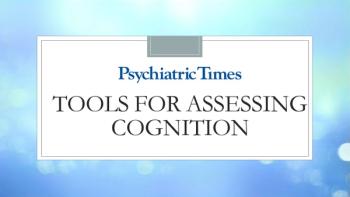
There are a number of cognitive screening tools designed to help offer timely, quality care for the elderly and those struggling with cognitive loss and dementia.

Which pharmacotherapeutic approach is most effective for cognitive enhancement? Test your knowledge with this quiz.
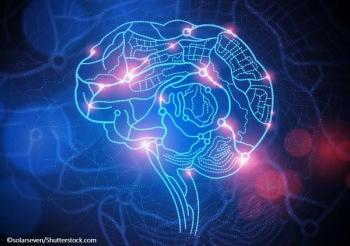
In comparison to the classic presentation of schizophrenia, ANMDARE features a later age of onset, female predominance, visual hallucinations, relative lack of cognitive disorganization, and a lack of an extended prodromal period.

The first therapy to target the primary mechanism of the disease is safe and well tolerated, say study investigators.
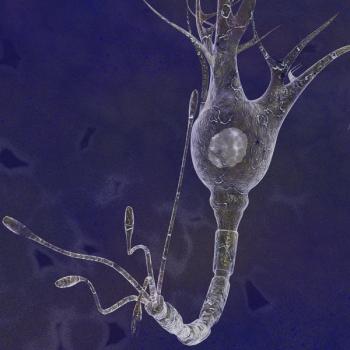
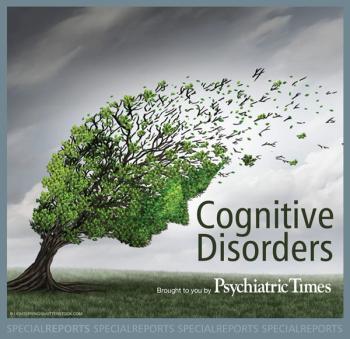
Cognitive problems have historically been the last to be recognized and treated in the clinical setting.

New evidence links vitamin D status with cognition in patients with psychosis.
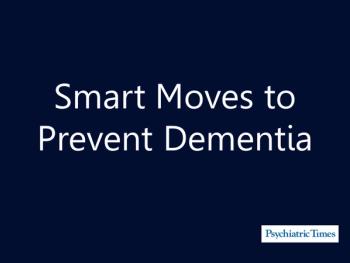
Three new studies show exercise can improve cognitive function, psychotropics for PTSD may raise dementia risk, and 3 biomarkers can help predict cognitive decline in elderly persons.

Although high blood pressure may put patients at risk for dementia, a class of antihypertensives appears to have a preventive effect.

Helping patients who have significant medical illness as well as mental illness is a challenge, especially when the diagnosis is unclear. Hospital psychiatrists play a critical role in the management of these behaviorally compromised patients.

The latest news in geriatric psychiatry covers olfactory deficits in cognitively impaired patients, a smartphone app for older adults with serious mental illness, and adjunctive ketamine for late-life depression.
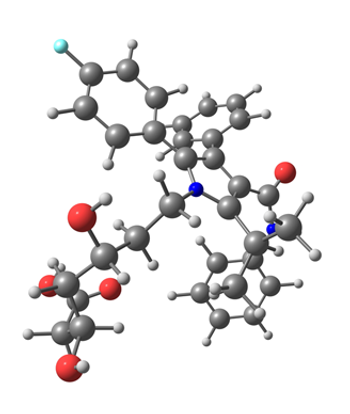
The genetics of dementia, dyslipidemia, and diabetes may hold the key to preventive therapy.
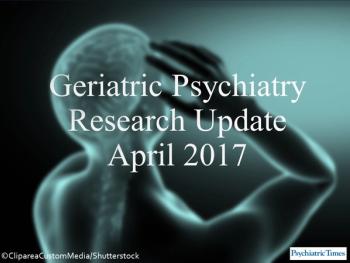
Three recent studies on dementia show antioxidants lack preventive effects, autoimmune disease hospitalization is a risk factor, and cognitive stimulation has modest benefits.

Functional remediation therapy addresses the cognitive problems of the nearly 50% of patients who remain impaired even when euthymic.

The caffeine in your morning cup of java could pack a neuroprotective punch.
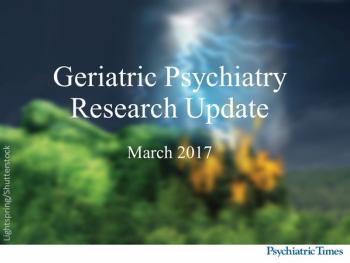
Insights from 3 recent studies on the benefits of mental stimulation for mild cognitive impairment, effect of brain stimulation on memory, and risk of dementia in men with sleep apnea.

Can cardiovascular fitness help older adults ward off dementia?

What effects do illness and treatment have on cognition? Here's a deep dive.
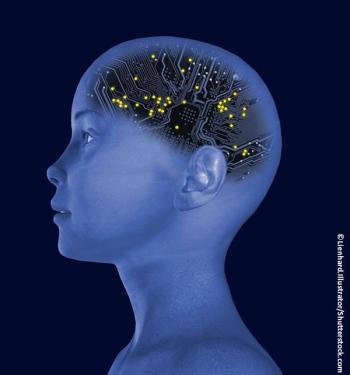
Personal enhancements (eg, cosmetic surgery) have gained societal acceptance, but cognitive enhancement poses significant ethical, philosophical, and sociopolitical issues.
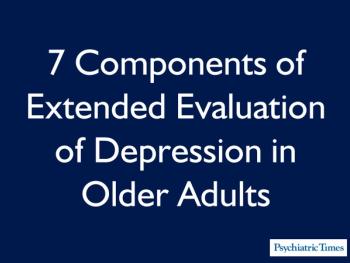
The co-occurrence of depression and cognitive impairment doubles every 5 years after the age of 70. Here we present a list of elements in a comprehensive and extended evaluation of depression in the elderly.

Older adults seem willing to take a hypothetical predictive test-and plan accordingly.
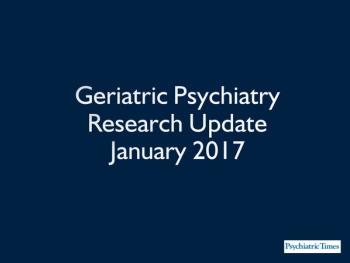
Three new studies offer insights into psychiatric disorders in the elderly.

What should you tell your patients with schizophrenia about exercise?